Copyright 2017 Anne H. Janzer
Cuesta Park Consulting
Mountain View, CA
All Rights Reserved. No part of this book may be reproduced or transmitted in any form or by any means, electronic or mechanical, without written permission from the author, except for the inclusion of brief quotations in a review. For permission to quote or for bulk orders, please contact info@annejanzer.com.
 Created with Vellum
Created with Vellum
Praise for The Workplace Writers Process
If you write for an organization, I want to introduce you to your new best friend. Anne Janzers The Workplace Writers Process will become your go-to guide as you navigate the challenging waters of getting great content producedfrom first ideas all the way through publication.
Pamela Wilson
Author, Master Content Marketing
Founder, Big Brand System
You might think the modern workplace interferes with the contemplative work of writing. But Janzer shows business writing is a team sport. Rethink your approach to business writing with the practices in this book.
David Burkus
Author, Under New Management
Anne's latest book is chock full of practical advice for people who need to write as part of their job. She focuses on the stuff they dont teach you in writing classes, covering topics like planning and scoping writing projects, collaborating effectively, utilizing reviewers to deliver what you need, tuning out workplace distractions, and so much more. As someone who works in the tech industry, I especially appreciated Annes occasional analogies between the writing process and software engineering best practices. If youre being asked to do more writing as part of your job, check out this book!
Karen Catlin
Advocate for Women in Tech
Coauthor, Present! A Techies Guide to Public Speaking
Anne Janzer has done it again. Shes taken the mysterious, elusive art of writing and outlined a series of tips, processes, and helpful hints that make writing accessible to the mere mortals amongst us. This book is an excellent reference tool that should be at the fingertips of everyone who includes the creation of content in their job description. Dont start your next writing project without it!
Linda Popky
Strategic marketing expert, writing coach/editor
Author, Marketing Above the Noise
Smooth reading. Anne Janzer managed to present fresh insights and perspectives new to me after 25+ years of successful writing, marketing, and book coaching.
Roger C. Parker
NY Times-recommended design author
Top-performing blogger, Content Marketing Institute
Introduction: The Workplace Writer
What would happen to your career if you did more writing, creating content that consistently fulfills its objectives? What if you could complete this work efficiently, without doing less of the other projects you are paid to do? Would you become more valuable in your organization and visible in the world beyond?
Your professional, online identity is clothed in written words. The quality and quantity of those words exert a direct and powerful influence on your career. You owe it to yourself to figure out how to become more effective as a writer in the workplace.
You may not consider yourself a writer. One friend of mine with an engineering background has worked as a technical writer for many years. She tells me, Im not a writer writer.
If writing is any part of your job and you are paid to put thoughts into words, youre a writer. Maybe you draft plans or proposals for your team. You might create operational documents for regulators or partners, or content for customers, prospects, the media, or investors.
If writing effectiveness contributes to your job performance, you are a writer.
The more important question is this: What kind of writer are you?
A Field Guide to Writers in the Workplace
The typical office is filled with people writing emails, project plans, reports, assessments, etc. Despite the variety of work, at a high level everyone is doing something similar: assembling thoughts into written form to share with others.
People approach writing tasks with varying mindsets.
- Inadvertent writers create written works as a by-product of their jobs, but do not pay much attention to the process. As a result, their projects sometimes go astray. They may resent the time that writing takes away from other responsibilities.
- Unproductive writers want to write, but cannot find the time to start projects or to finish them to their satisfaction. Writing ends up at the bottom of their to-do lists.
- Aspirational writers wait for the perfect time to start writing. Its always just around the corner.
- Reluctant writers dont feel comfortable in the role. In meetings, reluctant writers shrink down and avoid eye contact when someone asks for a blog post, hoping to remain unnoticed.
- Frustrated writers struggle getting their projects through to completion, or feel that nobody values or uses the content they create.
- Overburdened writers take on all the writing-related tasks for their teams. They become indispensable in this role, unable to free themselves to do other work.
Do any of these types sound familiar? You may have filled one or more of those roles in the course of your career so far.
Theres one more model to consider: the successful, valued writer. These individuals contribute meaningful content to the business. They leave a trail of completed work, balancing the writing with other responsibilities, and are recognized for their ability to get the job done. Their projects sail through approvals. Others want to collaborate with them.
Successful, valued writers dont always fit our preconceptions of what a writer looks like. They may not have majored in English or writing in college. Perhaps they work as engineers, scientists, project managers, or financial analysts. Writing is another skill that increases their worth in the workplace.
Where do you fit in this field guide to workplace writers?
- Are you a reluctant writer? Consider increasing your visibility and value by stepping up and taking on writing tasks.
- Are you a frustrated or overburdened writer? Learn how to complete more projects with less time and effort.
- Are you an aspiring writer? Learn how to plan and scope your projects, and then get started.
You can learn the practices of successful, valued writers, and the best time to start is now.
Writing Matters, More Than Ever
Whether your work reaches an internal audience or travels beyond the business, the quality of your writing affects your career trajectory. Increasing the volume and quality of your output can benefit your career in many ways:
Amplify your efforts: When asked to answer a customer question, you might pick up the phone or send them a quick email. Most people stop there. But successful writers consider packaging the response in a blog post and reaching hundreds or thousands of people who have the same question. Repurposing that blog post into different forms extends your reach further.



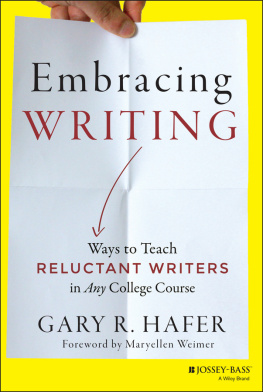
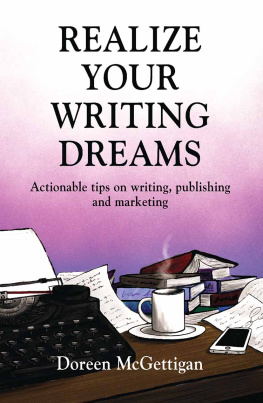
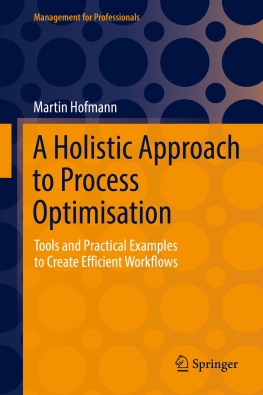
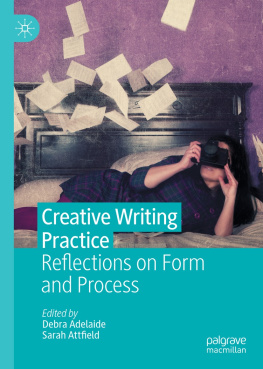

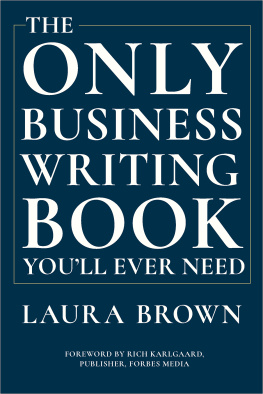
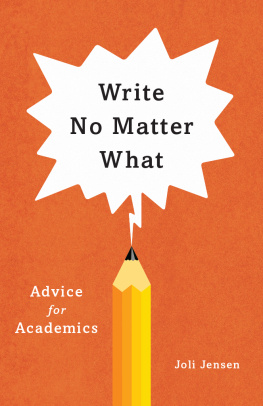
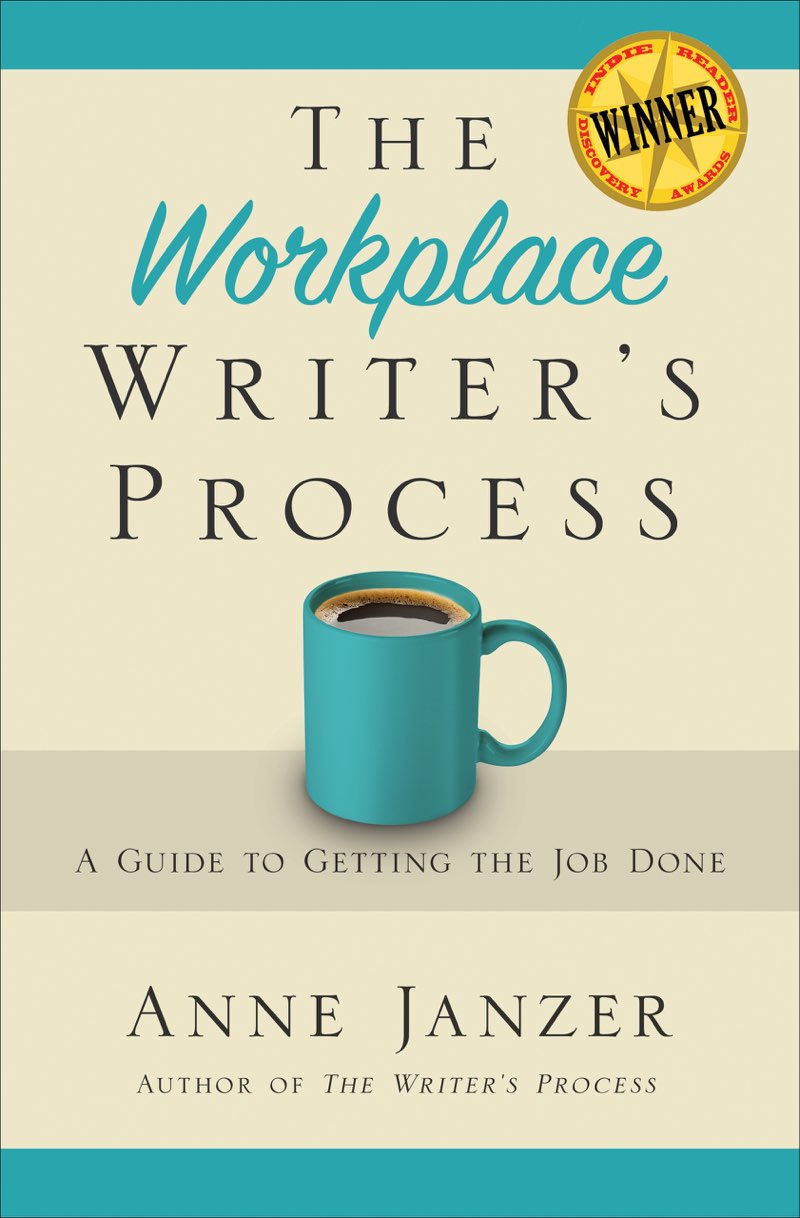
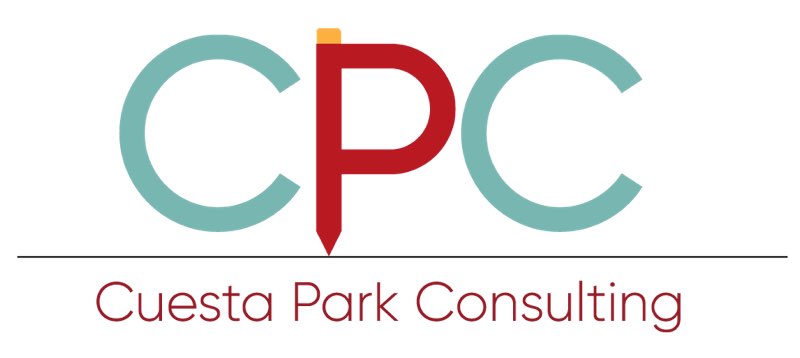
 Created with Vellum
Created with Vellum